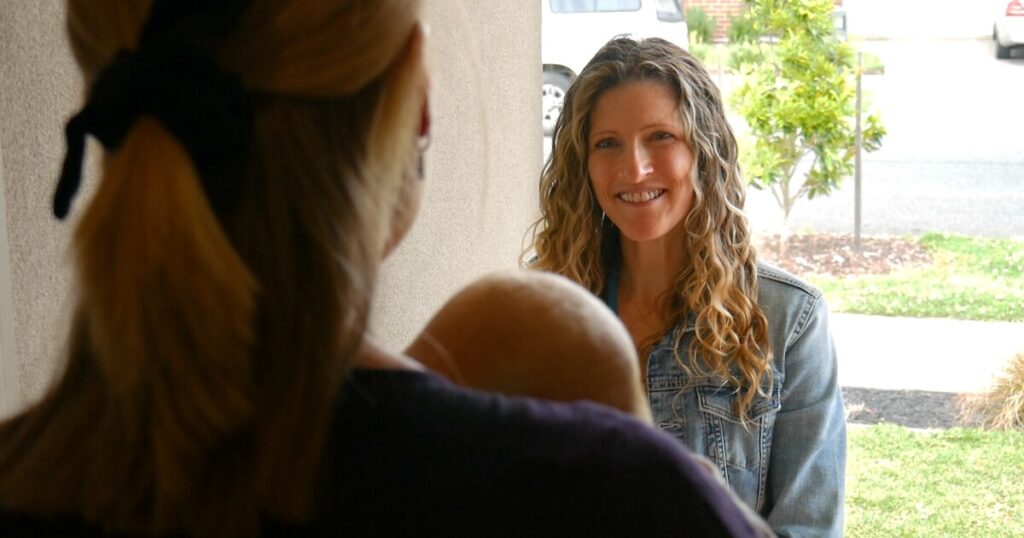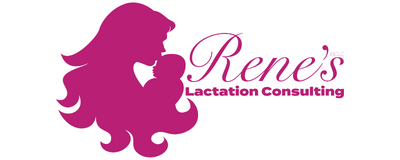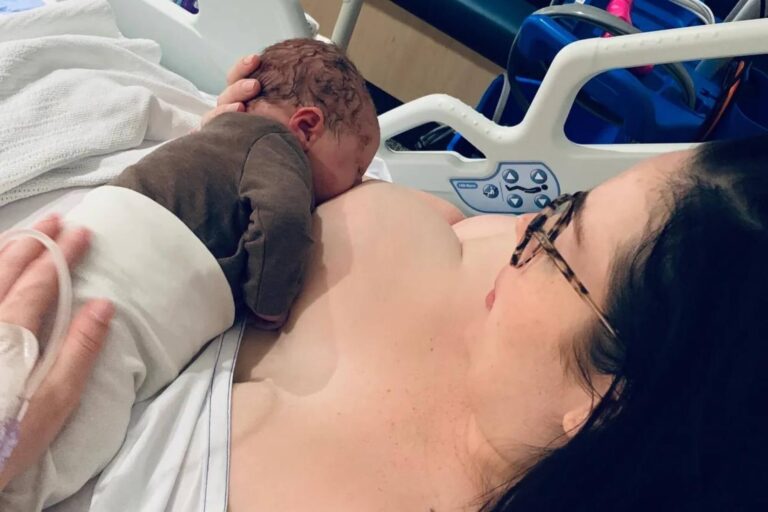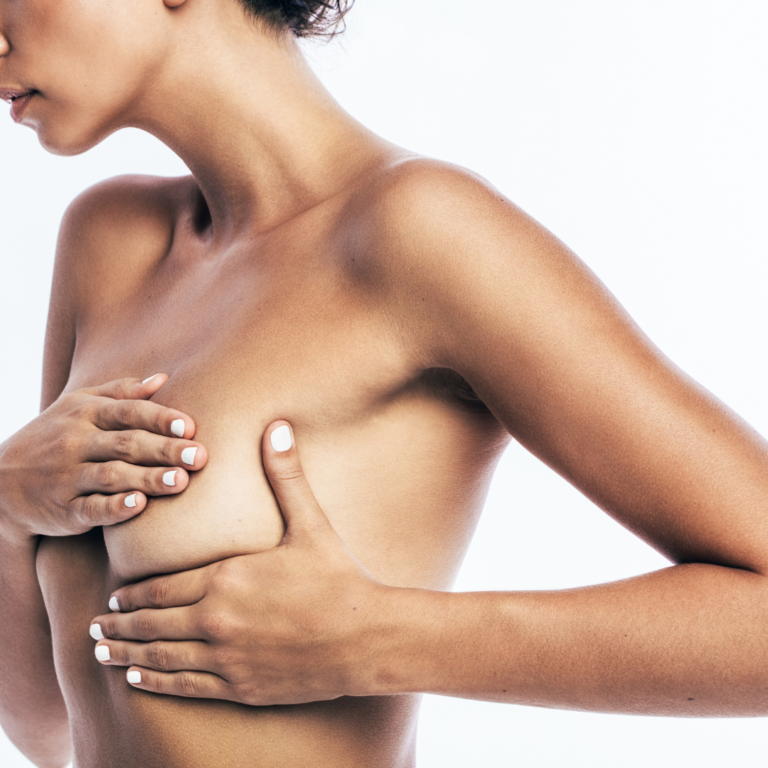Antenatal Expressing: Getting a Great Head Start
Many parents often do not think about how they are going to feed their baby before they arrive, as understandably so much of their focus is on learning everything they need to know about birthing.
Often they may not even realize how important being prepared for breastfeeding is and find it quite a shock that as soon as bub is born they want to feed, and frequently! Antenatal expressing involves hand-expressing your own colostrum that you may be producing before your baby comes. You can think of it as your baby’s own little stash of golden goodness!
Breastfeeding is often perceived as easy and it’s so natural that mum and baby should know what to do and they will be able to just come together, but that is not always the case. In fact, there are many challenges that can pop up right from the moment Bub is born and can continue throughout the breastfeeding journey. I like to consider it as a journey as there are so many different paths that it may lead to, and journeys can be challenging and difficult however can be exciting and rewarding in the end!
Breast milk is considered the gold standard when feeding your baby, and both WHO (World Health Organisation) and the NHMRC (National Health and Medical Research Council) recommend breastfeeding exclusively until 6 months and then alongside family foods for at least one to two years and beyond, for as long as the mother and baby wish to do so. Exclusively means no other forms of nutrition other than initially in the first few days, colostrum, and then mature breast milk when the supply increases.
Antenatal expressing can be beneficial simply for having extra colostrum after birth and also for helping give your supply a head start however it can also be really helpful in some medical conditions, to help prevent the use of formula unnecessarily.
Some of these include:
- Women with diabetes type 1 or gestational diabetes whose babies may be susceptible to reduced blood sugars or increased risk of being admitted to the special care nursery
- Women who have had breast augmentation or reduction where there may not have been sufficient breast tissue or where the nerves may have been affected.
- Babies who have been diagnosed with cleft lip and cleft palate may find breastfeeding difficult
- Women with polycystic ovarian syndrome
- Babies who may struggle to feed due to cardiac or neurological issues also may need to spend time in the special care nursery
The DAME study that came out in 2017 has shown that antenatal expressing in diabetic or normal, low-risk pregnancies is perfectly safe after 36 weeks gestation, and can even increase the chances of babies exclusively breastfeeding within the first 24 hours and for the first 7 days of life without needing formula supplementation. There are a few important things to note about antenatal expressing before you commence-
- You should consult with your primary care provider before antenatal expressing to be sure there are no risk factors
- It should only be done after 36-week gestation
- It should only be done by hand and a pump should never be used during pregnancy
- Don’t be discouraged and feel you won’t be able to breastfeed if you are unable to express any colostrum. This is not an indicator of how well you will be able to supply milk to your baby
- Seek help and support for further education from an experienced breastfeeding professional such as an IBCLC
- You should stop expressing immediately and advise your primary pregnancy care provider if you experience any painful contractions
How to do Antenatal Expressing
- You can start doing it after 36 weeks and after you have discussed any concerns or risks with your primary pregnancy care provider
- Wash your hands well and find a clean, wide-rimmed container to collect any drips into.
- You may get nothing, a few drops or more however this is not an indicator of how good your supply will be or your ability to feed your baby so please don’t be discouraged if you cannot get anything
- Expressing after a warm shower may be helpful, and a gentle massage beforehand can also be useful
- Hand express twice a day, usually once in the morning and once in the evening works well
- Continue doing it for 5 mins each side and then stop
- You can collect anything you get out into a syringe (which you can buy from the chemist or obtain from your health care provider) and use one syringe per day. Put the morning amount in the fridge and you can add the evening amount to it once it has also been cooled.
- Label it with the date, and freeze it ready to take with you when you go to the hospital
- Once again, STOP if you feel any pain or contractions and advise your health care provider
Need Some Support?
I offer antenatal expressing support sessions. I can visit you in your own home or organise a video consultation for rural or interstate clients. A one-hour session is $120. Travel costs apply for clients outside of a 20-minute radius of my location in Cranbourne. This will be $10.00 per 10 minutes of extra travel.
For more information, contact me.








